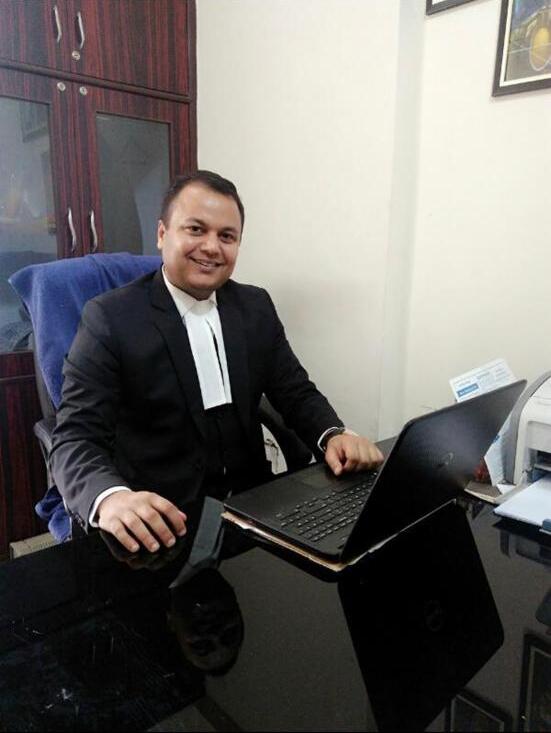Mutual Divorce Lawyer Fees in Delhi
When it comes to divorce, one of the key considerations for couples is the cost involved. In Delhi, mutual divorce is an option available to married couples who wish to end their marriage amicably and without any allegations of fault. Mutual divorce involves both parties agreeing to end their marriage and all related issues, such as the division of assets and custody of children. This process is generally quicker, less stressful, and more cost-effective than a contested divorce.



